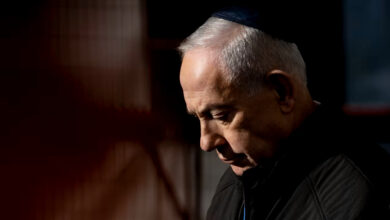Egypt's Ministry of Foreign Affairs is planning to contact South Sudan's government to verify earlier press reports that the latter has chosen Jerusalem as the location of its new embassy in Israel.
Earlier press reports had said that South Sudan's president, Silva Kiir had decided to locate its embassy in Jerusalem. However, Nasr al-Din Kosheib, Egypt and Middle East representative for the Sudan's People's Liberation Movement (SPLM), voiced skepticism about the reports, suggesting that South Sudan's relations with Israel would not be at the expense of its relations with Arab states.
Meanwhile, South Sudan's foreign minister, Deng Alor, said his country's government would locate its embassy in Tel Aviv, and would name its ambassador to Israel within days.
"Media outlets tend to exaggerate statements sometimes," Kosheib told Al-Masry Al-Youm. An official Arab source at the Arab League, meanwhile, said he had no knowledge of Kiir's alleged statements.
Khartoum's government voiced its concerns over the escalating normalization of ties between South Sudan and Israel, saying that such relations would "destabilize Sudan."
Spokesperson for the Sudanese government, al-Obeid Meruh, said on Thursday that the SPLM had been enjoying Israel's assistance in curbing what he called "Arab and Islamic expansion."
Hany Raslan, the head of the Sudanese studies unit at the Al-Ahram Centre for Political and Strategic Studies, said that if South Sudan were to choose Jerusalem as the site of its embassy, the move would strengthen the strategic alliance between Israel and the newly created African nation.
Kiir's statements, circulated by world media outlets, came only two months after the declaration of the state of South Sudan, prompting speculation on whether the new nation would seek to cooperate with Israel as part of a strategy of defense against the Arab north and its allies in the Arab region.
Translated from the Arabic Edition




